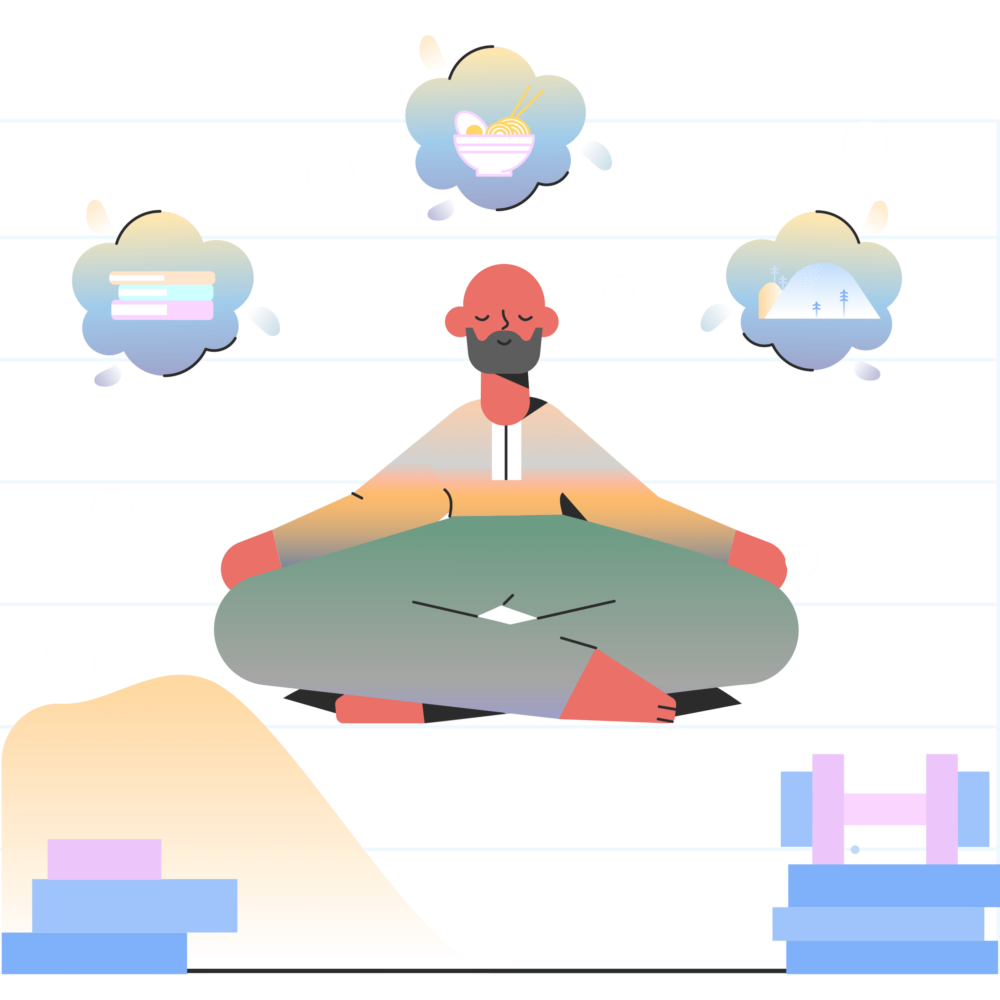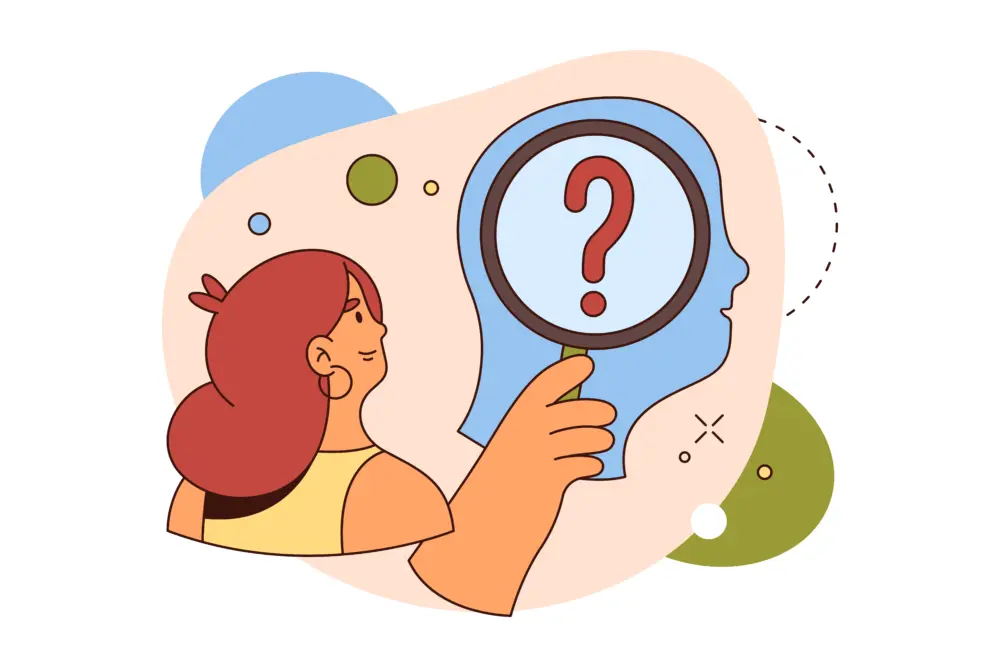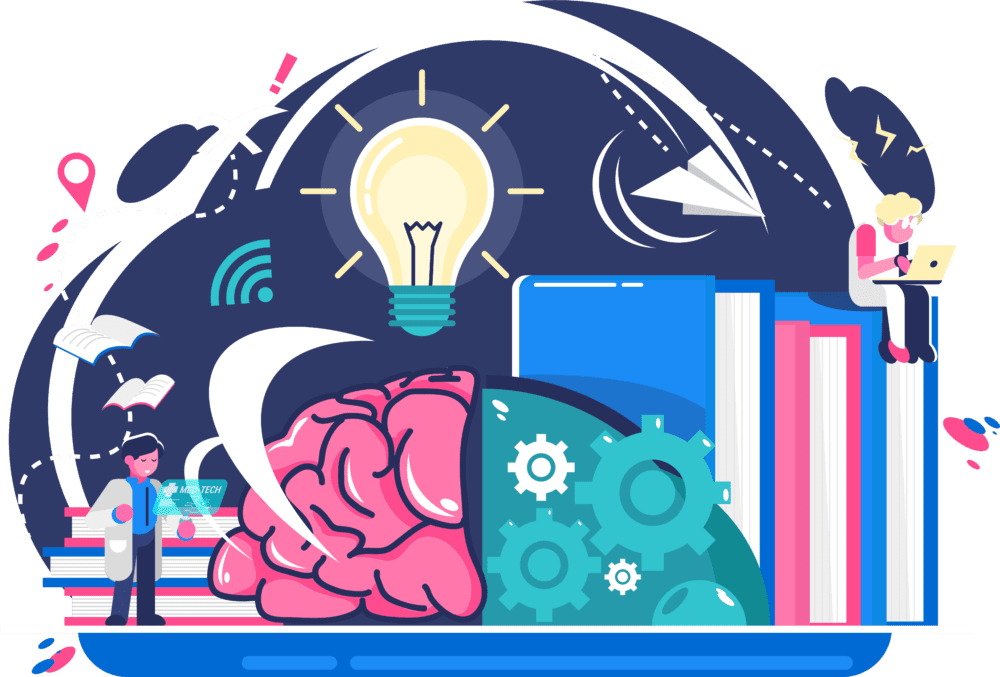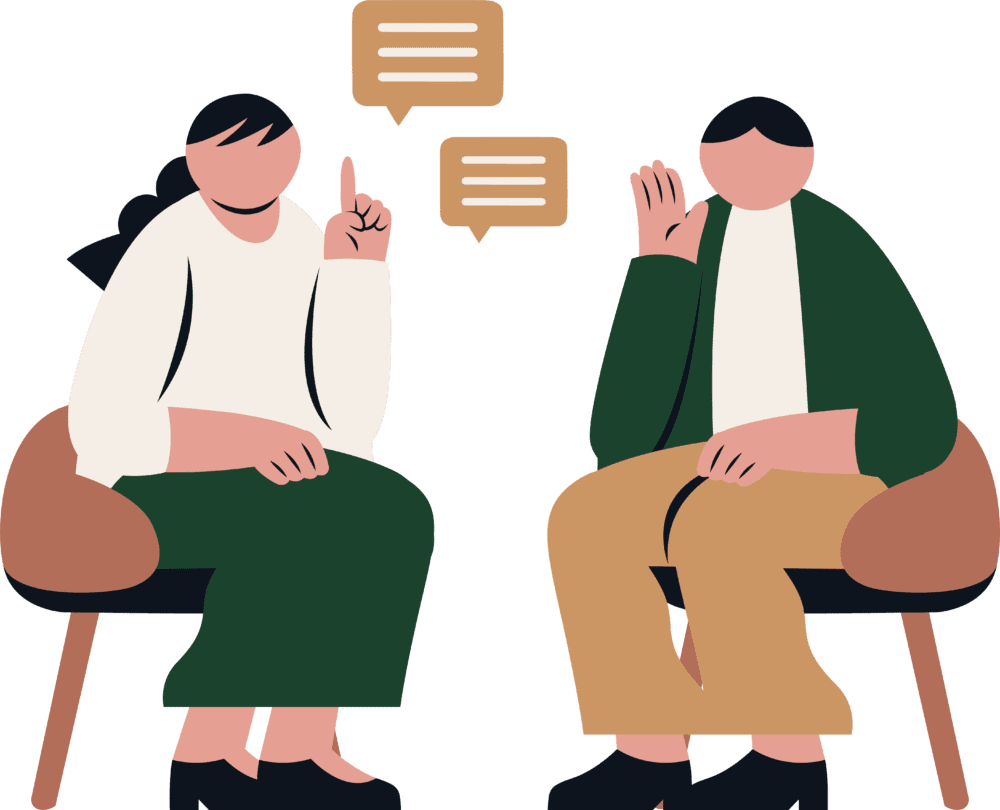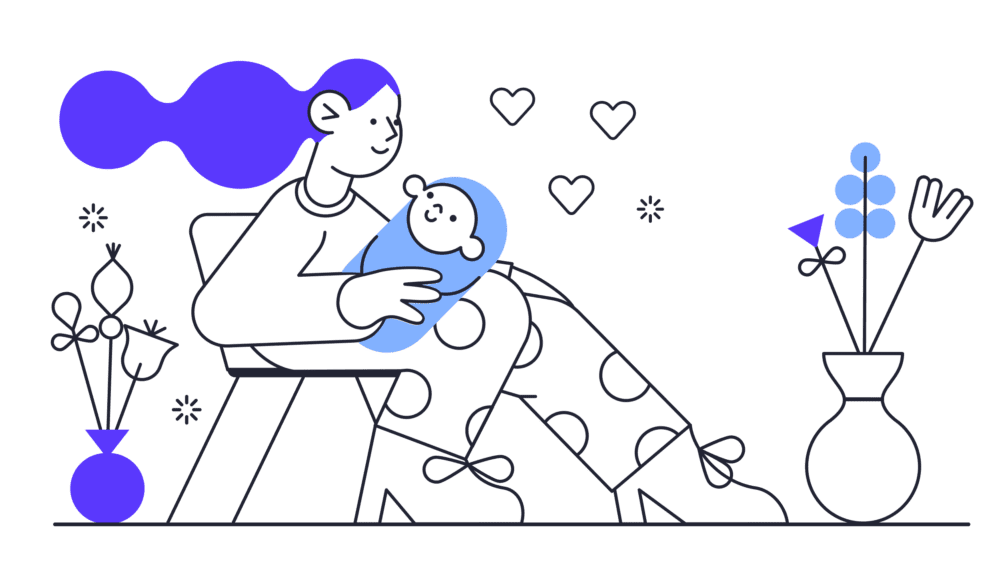Meditation, rooted in various traditions and cultures, has gained widespread recognition for its profound impact on mental health. In this article, we delve into the reasons why meditation is not just a spiritual practice. Moreover, it is a scientifically proven tool for cultivating a resilient and healthy mind. Understanding Meditation Meditation is a practice that… Continue reading
Category Theories – Models
The Cognitive Revolution: Shaping the Landscape of Psychology
The field of psychology has undergone a profound transformation over the years. It is marked by various paradigm shifts that have shaped our understanding of the human mind and behavior. One such pivotal moment in the history of psychology was the Cognitive Revolution, a period that sparked a paradigmatic shift away from behaviorism and laid… Continue reading
History of Psychotherapy
The history of psychotherapy is a fascinating exploration of the human quest to understand and alleviate psychological suffering. From ancient rituals to modern therapeutic approaches, the field has undergone a remarkable evolution. This article will take you on a journey through time, tracing the development of psychotherapy from its early roots to the diverse and… Continue reading
Third Wave in Cognitive Behavioral Therapy
Cognitive Behavioral Therapy (CBT) has stood the test of time as a frontrunner in evidence-based psychotherapy, offering practical tools to tackle a myriad of mental health concerns. However, the evolution of CBT has given rise to the “Third Wave,” a groundbreaking movement emphasising mindfulness, acceptance, and experiential techniques. In this comprehensive article, we will explore… Continue reading
Understanding Perma Model in Positive Psychology: A Blueprint for Well-Being
Positive psychology is a field that focuses on the scientific study of human strengths and well-being, seeking to understand what makes life worth living. One of the influential frameworks within positive psychology is the PERMA model, developed by psychologist Martin Seligman. The PERMA model is designed to guide individuals toward a flourishing and fulfilling life… Continue reading
The Art of Active Listening – A Key to Effective Communication
Active listening (AL) is not merely hearing words; it is a conscious effort to understand, interpret, and respond to the speaker in a meaningful way. This article explores the essence of active listening, its importance, and practical tips on how to master this crucial communication skill. Active listening is a dynamic process that involves fully… Continue reading
How do Unmet Needs and Repressed Emotions affect mental health?
Embarking on a holistic exploration of mental health, this article delves into the interconnected realms of unmet needs and repressed emotions. Various therapeutic approaches, including cognitive-behavioral therapy (CBT), humanistic therapies, and psychoanalysis, offer diverse insights into addressing these complex challenges. Understanding Unmet Needs Unmet needs stem from societal expectations, cultural norms, interpersonal dynamics, and personal… Continue reading
Exploring Freudian Perspectives on Neurosis and Hysteria
Sigmund Freud, the father of psychoanalysis, made groundbreaking contributions to the understanding of mental disorders, particularly neurosis and hysteria. In this article, we delve into Freud’s theories surrounding these psychological phenomena, exploring through the lens of psychoanalytic principles. Neurosis According to Freud Freud defined neurosis as a condition where an individual experiences excessive anxiety without… Continue reading
Understanding Case Formulation in Therapy
Case formulation stands out as a crucial component in therapy, providing therapists with a structured approach to comprehensively understand and address the complexities of an individual’s psychological struggles. This article explores the formulation process and how it works in therapy. Definition Case formulation is a systematic and collaborative process in which therapists, in partnership with… Continue reading
The Strange Situation Experiment: Unraveling the Dynamics of Attachment
The “Strange Situation” experiment is a landmark study conducted by psychologist Mary Ainsworth in the 1960s. This research method has been instrumental in understanding the connection between children and their caregivers, shedding light on the various attachment styles and their implications for later relationships. The Setup The Strange Situation experiment involves observing the behavior of… Continue reading

